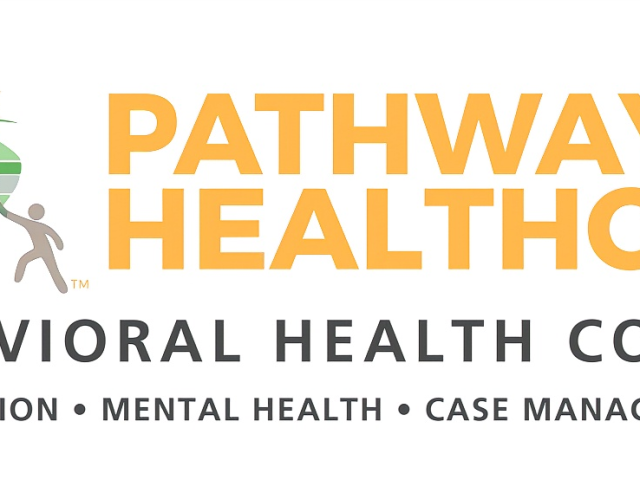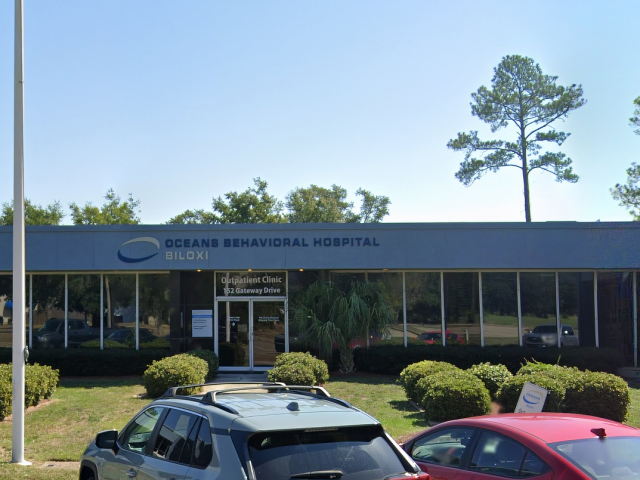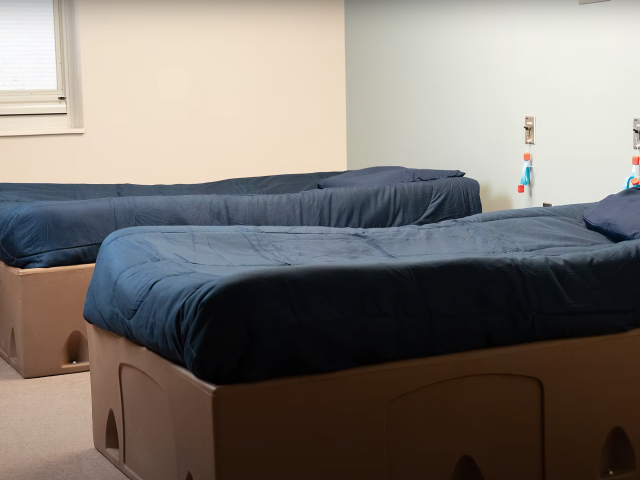More About Rehabs Accepting Optum
Rehab that Accepts Optum
Optum is a large insurance provider in the United States, and many drug and alcohol rehab centers accept Optum insurance . However, it can be difficult to know which centers are the best fit for your specific needs.
(optional) We will provide a comprehensive guide to rehabilitation centers that accept Optum insurance, including information on the types of treatment offered, and amenities.
About Optum
Optum began in 1969, and was known as John Short & Associates, Inc. By 1986, they started to provide primary healthcare services. In 2020, DaVita Medical Group officially changed the name of the company to Optum. Optum focuses on delivering personalized care for families . They have a network of over 48,000 providers and 1,300 clinics across the United States. Their goal is to ensure appropriate and cohesive care, backed by current research. Their integrative solution and customized treatment approach enables them to create solutions to enhance healthcare using pharmacy services, health care financial services, technology and more.
Optum provides care to over 165,000 people worldwide and is part of the UnitedHealth Group. Optum offers a range of health insurance products to individuals and businesses, including Medicaid and Medicare plans.
Optum Insurance Plan Options
Optum, like most health insurance companies, offers coverage for substance abuse treatment . This can include inpatient and outpatient treatment, counseling, and medication-assisted treatment. The specific details of Optum's substance abuse coverage will depend on the specific plan you have. You can contact Optum directly or look at your plan's coverage details online to learn more about what substance abuse services are covered under your plan.
Optum offers open-access plans, copay only plans, and high-deductible plans.
- Open-access plans allow you to choose your doctors; they don’t require a referral, and they don’t require a primary care physician.
- Copay-only plans will guarantee that your costs after paying your deductible are only copays, with primary care physician visits and generic drugs covered before you hit your deductible.
- High-deductible plans offer preventative care services before the deductible is met, and some coverage through a primary care physician before the deductible is met (with copay), and the option of a health savings account. To view your plan’s details, you can log into the member website.
- Bronze plans—These plans have lower premiums but have the highest deductibles, which will result in higher out-of-pocket expenses. Optum covers about 70% of the cost of care services after the deductible is met.
- Silver plans—These plans cost more in premiums but have lower deductibles and have lower out-of-pocket expenses than bronze plans. Optum pays about 80% of the cost of care services after the deductible is met.
- Gold plans—These plans have the highest premiums but have the lowest deductibles and will have the lowest out-of-pocket expenses. Optum pays about 90% of the cost of care after the deductible is met.
Optum, Medicare and Medicaid
Optum Medicare plans are alternatives to Original Medicare, which is the federal health insurance program for people who are 65 or older, as well as people with certain disabilities. Optum Medicare Advantage plans provide the same benefits as Original Medicare, but often with additional benefits, such as vision, hearing, and dental coverage.
Optum Medicaid plans are offered in some states to individuals who are eligible for Medicaid, which is a joint federal and state program that provides health coverage to people with low incomes. Optum Medicaid plans typically cover a range of health services, including preventive care, doctor visits, hospital stays, and prescription drugs.
The specifics of what is covered by Optum Medicare and Medicaid plans will vary depending on the plan you have and the state you live in. To find out more about what is covered by Optum's Medicare and Medicaid plans, you can look at your plan's coverage details or contact Optum directly .
Addiction Treatment Options
Optum for Medical Detox
Optum typically covers medically-supervised detox programs, which involve the use of medication and other treatments to help individuals manage the physical and emotional symptoms of withdrawal from drugs or alcohol. In some cases, Optum may also cover the cost of inpatient or residential detox programs, which provide a more intensive level of care and support.
Optum and Medically-Assisted Treatment
MAT is a form of rehab that combines medication with therapy to help those recovering from addiction. Optum insurance covers many forms of MAT, including methadone and buprenorphine.
Optum Coverage for Residential Treatment
Inpatient treatment is the most intensive form of rehab , and it typically involves staying at the center for several weeks or months. Inpatient treatment is ideal for those with severe addiction or mental health issues.
Intensive Outpatient Programs (IOP)
Intensive outpatient treatment is less intensive than inpatient treatment, and it typically involves visiting the center for a few hours a day. Outpatient treatment is ideal for those who need to continue working or taking care of their family while in rehab.
Partial Hospitalization Programs (PHP)
Partial hospitalization typically involves staying at the center for several hours a day. Partial hospitalization is ideal for those who need a higher level of care than outpatient treatment but do not require 24-hour supervision.























































